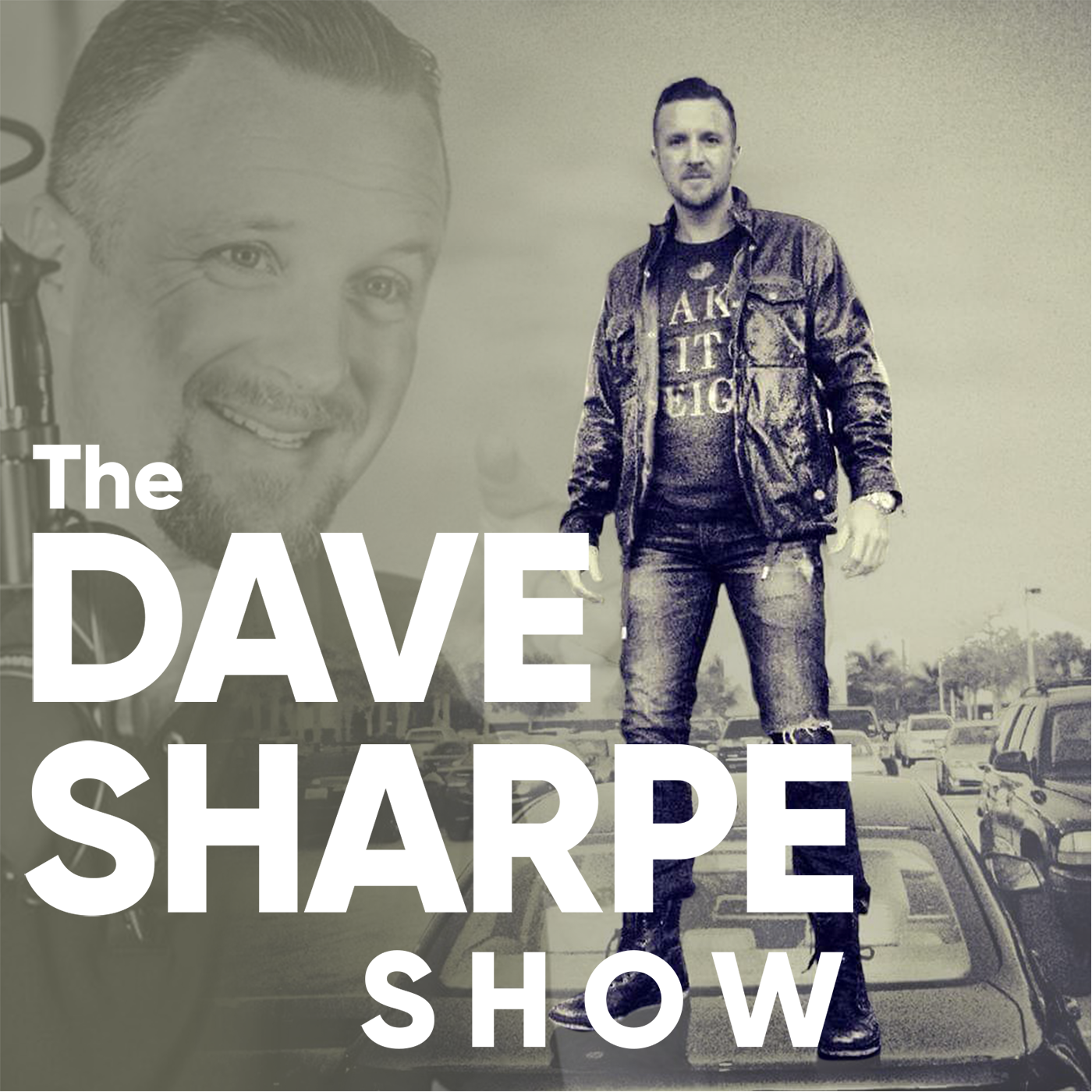The Internet is a bottomless goldmine of business opportunities. For starters, there are currently over 4 billion Internet users on Earth. That’s nearly half of the world’s population.
With the Internet being so extensive, it gets increasingly difficult to get noticed. In 2018, digital marketing revenues reached 100 billion for the first time. That’s only going to continue to grow as the Internet continues to grow and evolve.
Digital marketing is a major component of being successful in eCommerce. Traditional marketing and advertising still have their place. Digital marketing is a whole new level of sourcing leads and spreading the word on your brand, however.
Not all digital marketing is created equally, however. There are also a lot of different kinds of digital marketing, as well. We’re going to cover the different types of digital marketing services out there, to help you decide where to put your energy.
Different Types Of Digital Marketing Services
Digital marketing has evolved so far beyond simple SEO and email marketing (both of which are still great, of course, but more on that in a moment.) As the Internet’s evolved to accommodate Web 2.0, and beyond, we’ve been seeing new, innovative digital marketing practices emerge.
We’re going to go through a bunch of different digital marketing approaches, to help you know which digital marketing tools will best suit your needs.
SEO
SEO is the first approach that comes to mind when people mention digital marketing. That’s partially because it’s been around the longest. SEO is the blueprint that the Internet is built around.
SEO should be a part of your digital marketing strategy, even if you’re investigating other methods as well. First of all, SEO is forever. Or at least until the next algorithm, that is.
SEO is one of the only digital marketing strategies that yields in actual organic traffic, as well. Your audience grows as your website gets closer to the top of the search engine results pages (SERPs.)
SEO involves a few different aspects. There’s on-page SEO, which is the process of including keywords throughout a web page. Then there’s also link building, which is incorporating internal and external links in a piece of web content to enhance your search engine ranking.
The difficulty of getting quality inbound links for your web content is a great reason to work with a digital marketing agency. Marketing agencies often have connections at high-quality websites like Forbes, which can get quality backlinks to your website.
SEO is an important part of…
Search Engine Marketing (SEM)
SEO isn’t the only way to get found on search engines. Search engine marketing (SEM) is where you pay for sponsored posts to show up on the top results of the SERPs.
These links are nearly identical to organic search results. A tiny green box reading ‘ad’ is the only thing that differentiates a sponsored post from an organic search engine listing.
The two most common SEM networks are Google AdWords and Bing Ads. Both networks allow you extensive targeting capabilities, allowing you to your intended audience by location, demographic, or target keywords.
Search engine marketing using involves pay-per-click (PPC) advertising. This is where you pay a set amount every time someone clicks one of your links. It’s advisable to spend some time fine-tuning your PPC campaigns to get the most ROI.
SEM is similar to SEO. The two disciplines work well together. You might come up with a list of keywords you’re trying to rank for when conducting SEO analysis. Those keywords could also form the cornerstone of your PPC campaign, as well.
Social Media Marketing (SMM)
While it’s always a necessity to be thinking about evergreen content, sometimes you need a quick burst of traffic to your web content. You’ve also got to build brand awareness and customer loyalty. Getting people to talk about and engage with your content is one of the best ways to accomplish all three goals at once using one powerful digital marketing strategy.
Social media marketing (SMM) has been one of the leading digital marketing strategies of the last 10 years. It helps your customers engage and interact with your brand, helping them to understand your brand’s values and what sets you apart from your competitors. It’s also one of the easiest and best ways to get people talking about your brand, essentially doing your advertising for you.
With social media being so prevalent, obviously there are a number of different platforms that are suitable for SMM.
Some of the most popular networks for SMM include:
If you’re going to undertake a social media marketing campaign, you should spend some time researching where your target demographic spends the majority of their time. 66% of Americans use Facebook on a daily basis, for instance. That demographic might be a bit wide to be ultimately useful for highly targeted ads, however.
Consider that 81% of Pinterest users are female, by comparison. That makes it a perfect candidate for creating targeted content that will appeal to a certain section of your customer base.
To make the most of SMM, you should spend some time developing your buyer’s personas. Going into an ad campaign blind is never the smartest way to go about making business decisions. These buyer’s personas will help give you an idea of which social media network to focus your energies on.
It can also lead to even more useful metrics which will help you further optimize your digital marketing strategy.
Remember, for marketing to be ultimately effective, it needs to be measurable, actionable, and repeatable. That requires eliminating as many variables of possible so you can derive clear insights on how your SMM is operating.
You might consider constructing SMM campaigns around a hashtag, for instance. You schedule your posts to publish to social media at a set time. Then you can see the engagement rates around that hashtag and make decisions accordingly.
You can also run paid ads on most social media networks. SMM also intersects with some other recent digital marketing techniques, such as…
Influencer Marketing
There’s no over-stating the power of community in digital marketing. Customers are much more likely to trust advice and recommendations from their peers than they are from paid advertisements and direct marketing. Influencer marketing also gets your audience to market your business for you, which is the kind of press you simply can’t buy (which is why influencer marketing is so powerful.)
Influencer marketing has been growing and evolving like wildfire in recent years. It’s been like the Wild West of digital marketing until recently, with a similar level of casualties.
Brands like Sony and Disney have learned the risks of allowing contracted creatives to create their own branded content. Both experienced major fallout after unethical influencers tarnished their name and reputation, forcing them to backtrack in a hurry and conduct damage control.
If you’re going to engage in influencer marketing, it’s incredibly important to vet the influencers you’ll be working with. Don’t just get swayed by the numbers, either. It’s not the follow count that matters as much as the engagement and their authority in their niche.
Thankfully, there are growing numbers of influencer networks that you can work with that does the filtering for you.
Similarly to SMM, you should do some soul-searching and decide which platform you’d like to build an audience for. Instagram is the go-to, with high engagement rates and a particularly attractive, aesthetic platform. Twitter and Pinterest can also be useful for different demographics.
Content Marketing
Content marketing has also been trending in recent years. It’s also an amalgam of different marketing techniques combined into one powerful package. It can also be a part of other aspects of your digital marketing to make for a robust, comprehensive campaign.
Content marketing is similar to SEO and SEM. Simply, it’s creating great content around a keyword or phrase you’re trying to rank for. Then it’s a matter of getting your audience to engage with, perhaps using SMM.
Don’t limit your content to just blog posts, either. Content can also include whitepapers, infographics, or eBooks. You might offer these as an incentive for something, like signing up for your mailing list or sharing something to social media.
Content marketing can be an excellent way to help guide your customers through their buyer’s journey. It’s also an easy way to assess where their currently at in the buying cycle. This helps you deliver content that will appeal to their individualized, personalized needs.
This prevents trying to convince your customers to buy too early. Customers are taking longer than ever to navigate the buyer’s journey with so much competition and information out there.
In the earlier stages of the buyer’s journey, it’s better to build a real connection with your audience by delivering content that will bring actual value to your customer’s lives.
It’s also an easy and essential way to increase thought leadership in your niche or industry.
It’s no longer possible, or advisable, to just conduct one marketing campaign and hope for the best. Think of these different marketing techniques as interlocking chains or intersecting Venn diagrams. There’s quite a bit of overlap.
That’s one of the best things about digital marketing. It helps you to think ahead about building your business. It optimizes your workflow, eliminating redundant and inefficient tasks, so you can focus on bringing the best to your customers and audience.
Looking For Digital Marketing Services?
We’re glad you found us! Digital marketing is endlessly complex but also infinitely powerful. Digital marketing services know how to make the most of emerging technologies and the latest trends, to create powerful, compelling digital marketing campaigns.
If you’re ready to take your digital business to the next level, sign up for our free course!











